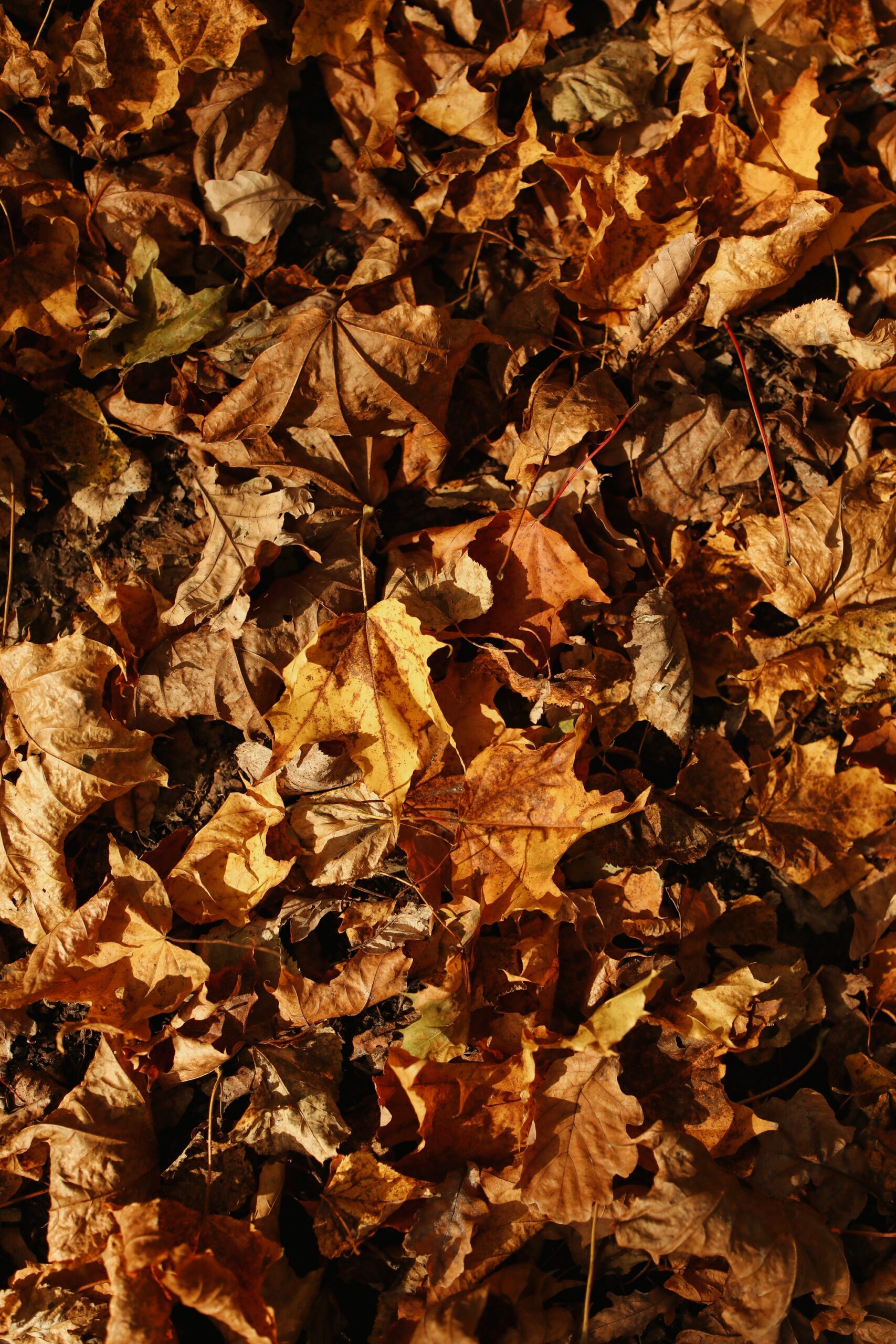I drive through the yellow ribcage of maples
arching the road, past the butch woman I want
to be, raking leaves in her front yard, hair
slicked back at the sides. Yesterday, searching
the internet for winter tights, I found crotchless ones,
a model’s diffident fingertips barely obscuring
the hairless glow of her pussy, and remembered
the years I spent lying on a table in a quiet room,
piped sound of harps descending from the ceiling,
while some other woman carefully made my body
as smooth and unthreatening as a child’s.
I didn’t hate those days, or the men I then took
to bed, though I was always trying to fuck my way
towards the woman I believed was hidden
inside each one of them. I knew it would require
a deep dive, a sinking past waves and midnight zones.
How strange to discover then what I’ve become
through that slow, fruitless searching—the water
itself, every dark glitterless bit of it like the back
of a rhinestone: flat, matte surface where you
put the glue. And the music, all these years later,
still ringing in my ears from that distance above me.
Keetje Kuipers‘s third collection, All Its Charms, includes poems honored by publication in the Pushcart Prize and Best American Poetry anthologies. Keetje has been a Stegner Fellow and Margery Davis Boyden Wilderness Writing Resident. She is the editor of Poetry Northwest and a board member at the National Book Critics Circle.




